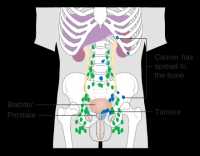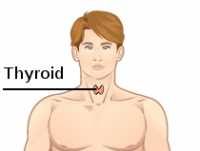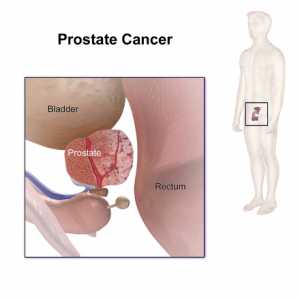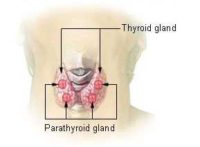Author Interviews, Endocrinology, Pediatrics / 03.03.2019
Childhood Onset of Puberty and Parental Height Linked
MedicalResearch.com Interview with:
Yehuda Limony, MD, MSc
Pediatric Endocrinology Unit
Faculty of Health Sciences
Ben-Gurion University of the Negev
Clalit Health Services
Beer-Sheva, Israel
MedicalResearch.com: What is the background for this study?
Response: The variability of the onset age of puberty is the subject of many studies in numerous disciplines; nonetheless, the timing of puberty remains an enigma. The conventional paradigm is that the time of onset of puberty is genetically determined even though genome-wide association studies explain only a very low percentage of the physiologic variability. It is commonly believed, therefore, that many environmental factors interfere with the genetics of timing of puberty.
On the other hand, children grow toward an adult height that is the standardized average of parents' height called "target height". That is why children are usually similar in height to parents. This targeted growth process is evident especially in children whose height percentile in childhood is different from their target height percentile (we called this difference the "height gap"). It is known that the timing of puberty is associated with adult height: earlier puberty causes shorter adult height and vice versa. We hypothesized that the targeted process of growth involves adaptation of the age of onset of puberty in accordance with the height gap. (more…)


























